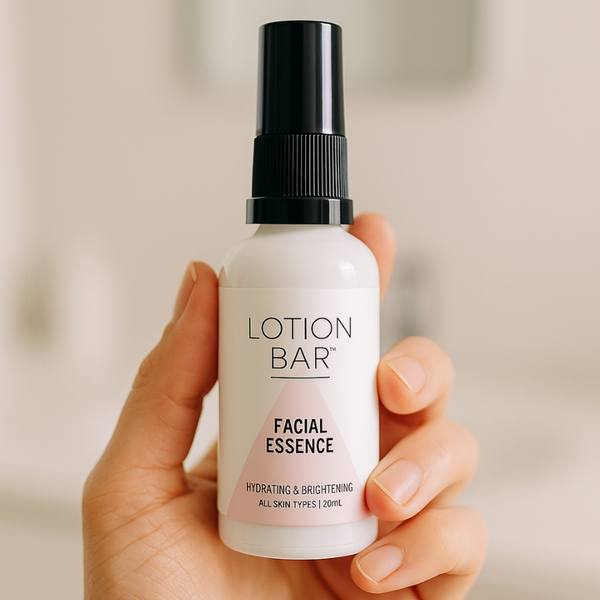A new Ritual is blooming......
We are no longer for everyone, and never truly were.
Lotion Bar has entered a new era: a sanctuary of sacred skincare rituals, private offerings, and unapologetic softness. This is beauty beyond the impersonal. It is intentional, intimate, and invitation-only. If you've received your key, you may unlock the door below.
This Store will be powered by
shopify
